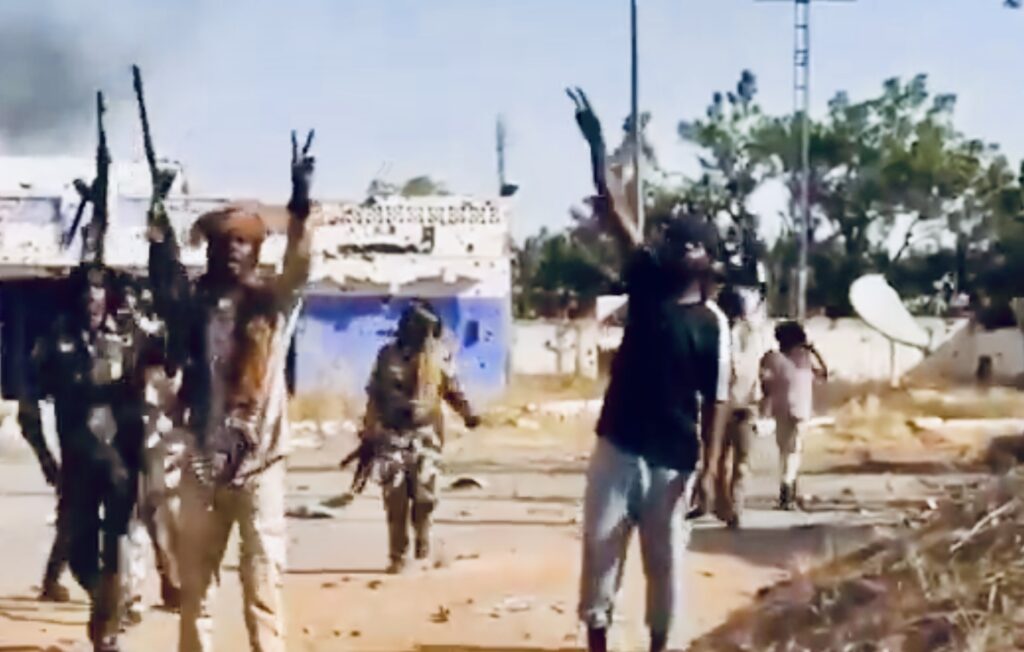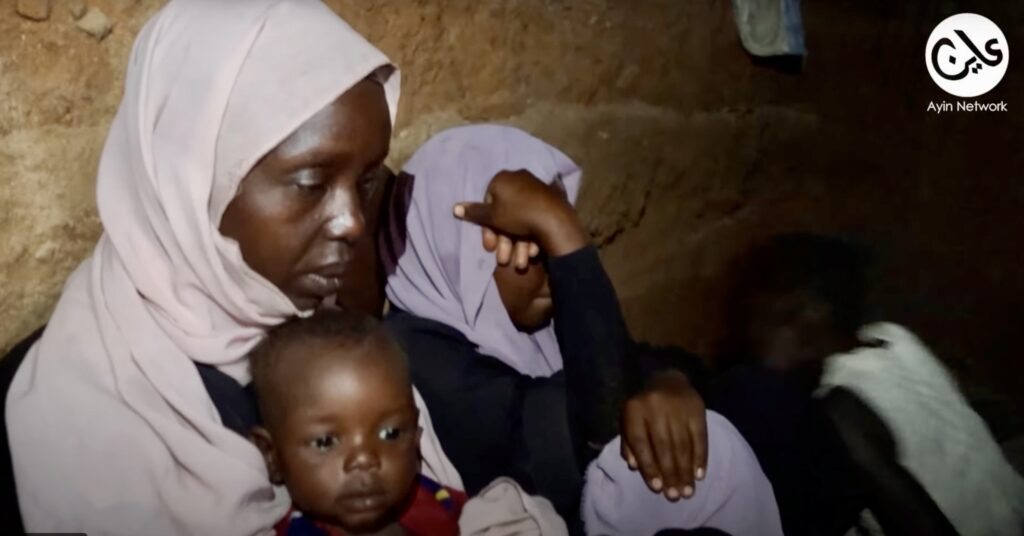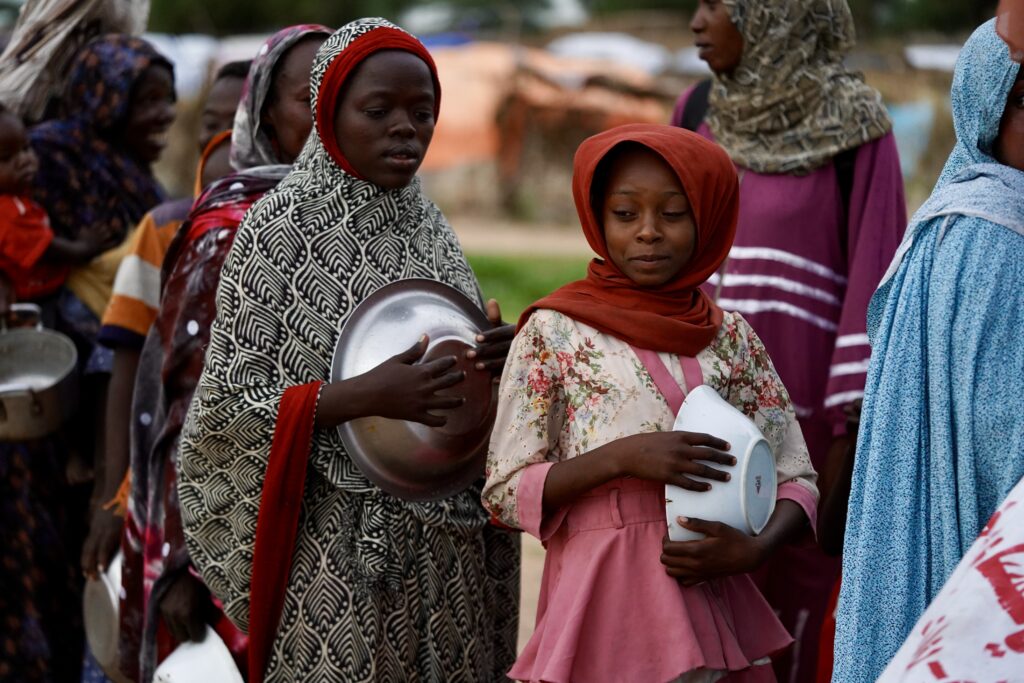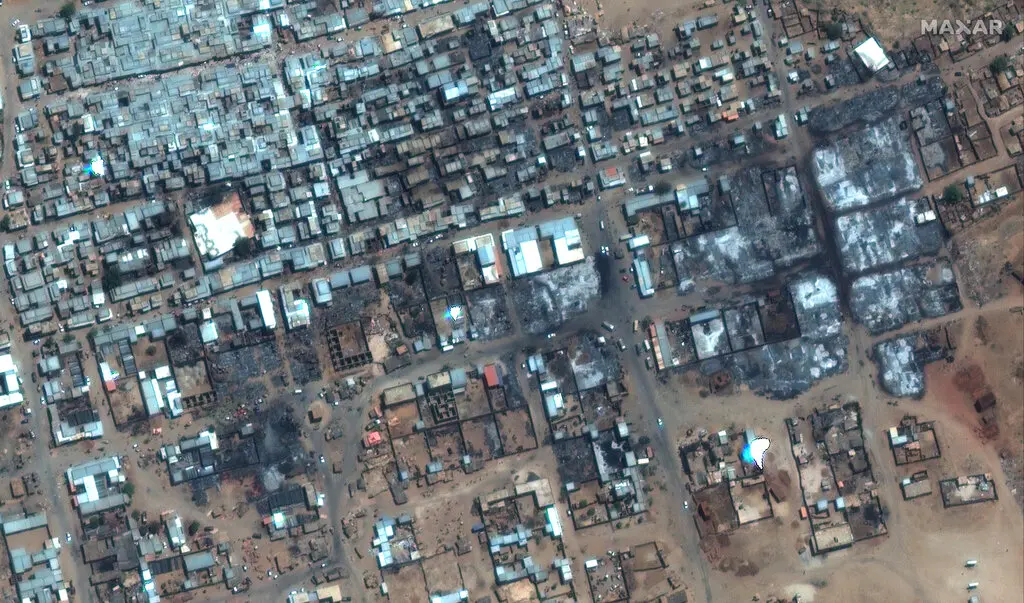After 16 months of fighting, the Rapid Support Forces take control of the army base in El Fasher
26 October 2025
After a gruelling 16-month siege, the Rapid Support Forces announced on Sunday that they had taken full control of the headquarters of the army’s Sixth Infantry Division in El Fasher, the last stronghold of the armed forces in the Darfur region of western Sudan.
“Our forces have broken the backbone of the army and allied armed movements, inflicting heavy casualties on them, destroying massive military vehicles, and seizing all military equipment,” the paramilitary Rapid Support Forces (RSF) said in a statement. The army has not issued any comment on the military and field situation in El Fasher until the time of publication of this report.
“The Rapid Support Forces launched attacks from several axes yesterday, Saturday, storming the headquarters of the Sixth Division and managing to breach the defences of the armoured unit, but the army intervened with drones and thwarted the attack,” a military source told Ayin on condition of anonymity.

Army in retreat
The attack began early Sunday morning with ground forces and drones and was able to penetrate the armoured unit located at the main gate of the 6th Division. The forces then entered the division after fierce fighting. The army and allied militias then withdrew to a section of the Darja neighbourhood, northwest of the city, according to the same source.
“Officers in the Sixth Division bid farewell to their colleagues across Sudan early Sunday morning, asking for their forgiveness and pardon, before leaving the shared WhatsApp groups,” a military source told Ayin.
RSF fighters released video clips showing their deployment inside the army base in El Fasher and the seizure of military equipment. Similar clips showed dozens of prisoners captured during today’s fighting in the capital of North Darfur.
The fate of thousands of soldiers who completely evacuated the Sixth Division headquarters remains unclear, according to another military source who spoke to Ayin. Escape routes are few, the source said, with many trapped within the city.
There are also widespread concerns for the safety of civilians and volunteers stranded in El Fasher, amid concerns about RSF targeting ethnic groups considered allied to the military. The RSF said in a statement that it is working in coordination with the “Tassis” government to provide full protection for civilians, facilitate the return of displaced persons to their homes, and meet their basic needs.

How it started
Fighting erupted in El Fasher in May 2024, about three months after the Joint Forces of Armed Movements, led by Minni Arko Minawi and Jibril Ibrahim, announced they had broken their neutrality and joined the fight alongside the army against the Rapid Support Forces.
Since then, the RSF have besieged El Fasher from all directions, preventing the entry of goods and supplies into the city, leaving thousands of starving citizens trapped amidst the fighting. Residents have resorted to eating “ambaz,” food normally given to livestock, to survive. Thousands of citizens have been forced to leave the city for the Tawila locality in North Darfur, which is under the control of the Sudan Liberation Movement-North (SLM-N), led by Abdul Wahid Mohamed Nour.
Last April, the RSF stormed the Zamzam camp for internally displaced persons (IDPs) south of El Fasher, penetrating populated areas of the city. This was one of the bloodiest and most tragic episodes in the war in the capital of North Darfur state, with thousands of unarmed civilians forced to flee on foot to the Tawila locality.
On June 13, 2024, the UN Security Council adopted a resolution demanding that the Rapid Support Forces end their siege of El Fasher, calling for an immediate cessation of hostilities around El Fasher and the withdrawal of all fighters threatening the safety and security of civilians. The resolution was ignored.

Turning point
The intensity of military operations has escalated over the past month, with the RSF intensifying their ground attacks, heavy artillery, and drones on El Fasher, while tightening the siege and preventing any goods from entering the city. This situation has led to the shrinking of the army’s presence and its allied armed groups, confining them to its headquarters, the Daraga neighbourhood, and the surrounding Abu Qurun area.
On September 18, the RSF seized the UNAMID camp northwest of El Fasher, which had been the joint force’s main headquarters, marking a turning point in the conflict. The RSF quickly advanced, and clashes spread to the vicinity of the headquarters of the Sixth Army Division, seizing most government headquarters, including the guest house and the home of the governor of North Darfur.
This comes a day after the Rapid Support Forces recaptured the strategic city of Bara in North Kordofan state, nearly a month after the army and its allied militias seized control of the city in a rapid military operation.
This military escalation coincides with informal talks between the army and the Rapid Support Forces currently underway in Washington under the auspices of the US administration and the international Quartet, which includes, in addition to the US, Saudi Arabia, the United Arab Emirates, and Egypt, as part of efforts to halt the devastating war in Sudan.



